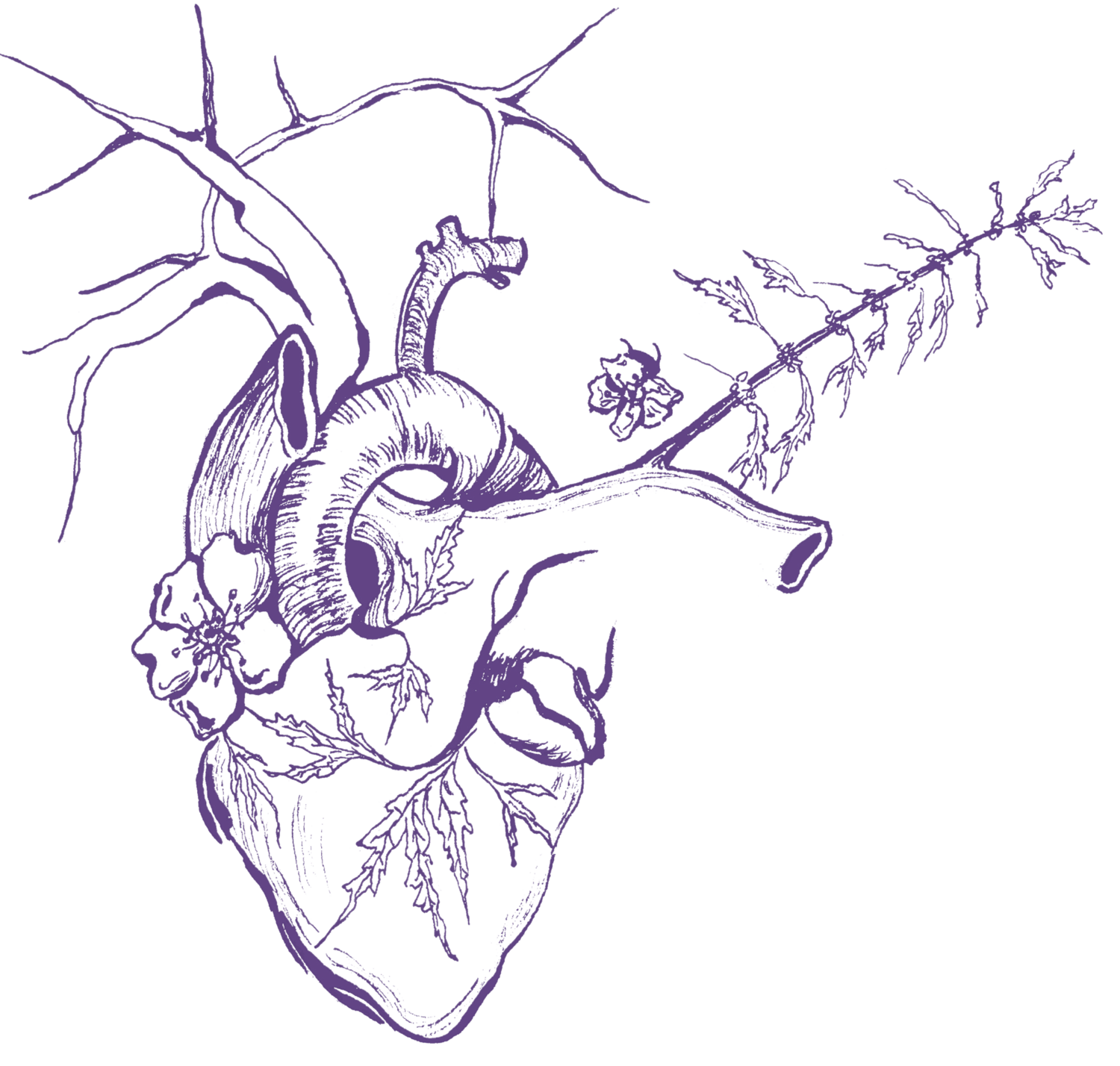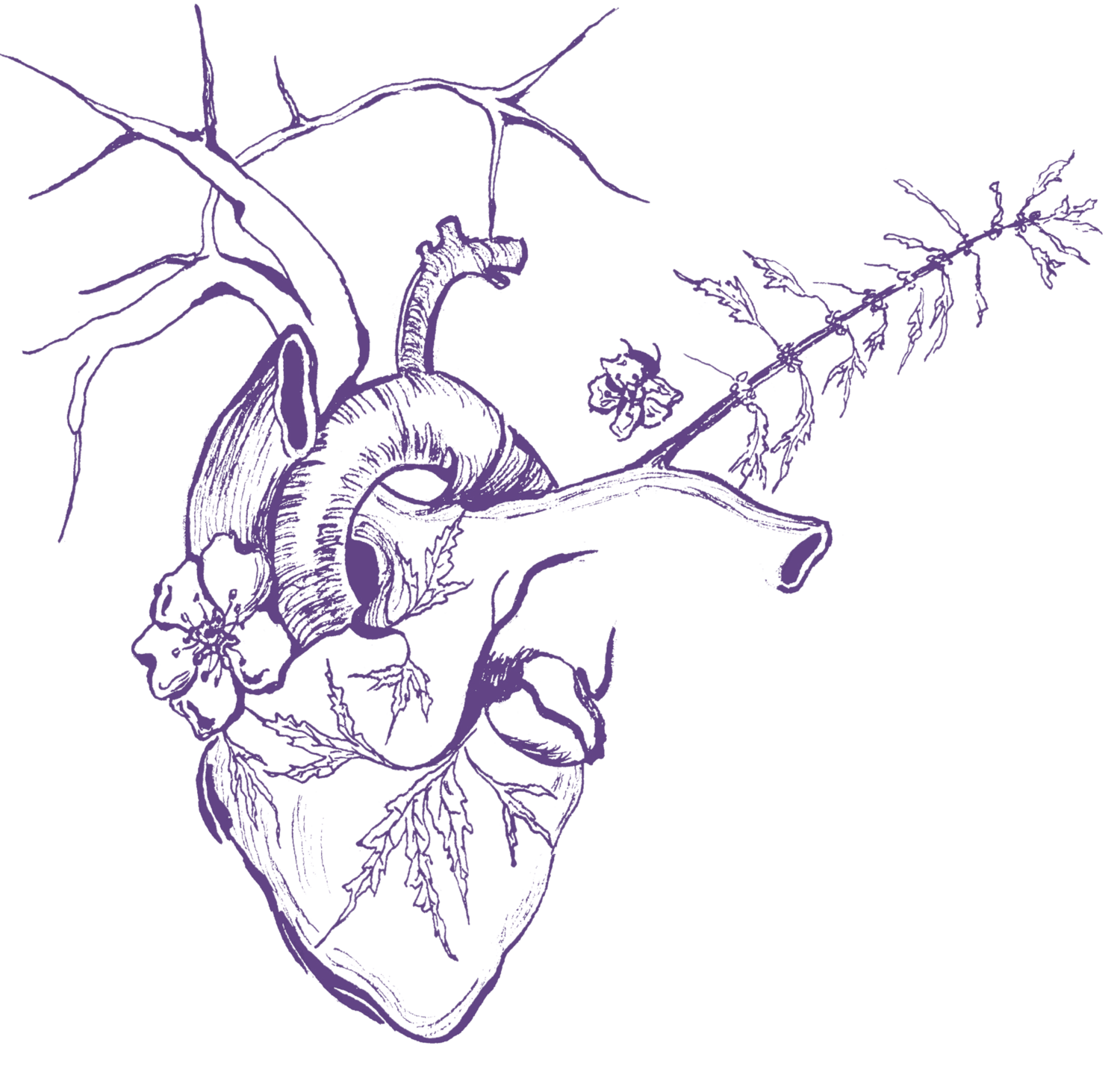Herbs for Sensitive Souls
Sometimes herbs don't do what we'd expect.
In the early days of my clinical internship at VCIH I noticed a pattern: the standard, go-to herbs for stress and anxiety, those we're taught to use to move the body into a calm and relaxed state (think ashwagandha, skullcap, passionflower, kava, etc.) sometimes produce the opposite effect. Clients, having learned about and tried these herbs, would report that instead of feeling relaxed, they'd experienced a racing heart and mind, digestive upset, insomnia, etc.
Through my years in practice I've come to recognize how common this experience with nervines is. Nervines are herbs that push us towards a parasympathetic, or rest and digest, state. Their chemistry binds to GABA receptors (a calming neurotransmitter) in the brain, they slow our heart rate, they release muscle tension, signalling to the body that it's safe to let go...for all intents and purposes these herbs should make you feel calm, right?
Stepping back from the technicalities how physiology should work on paper, these opposite reactions make total sense. Nervous systems don't exist in a vaccum - they're shaped by experience, both lived and intergenerational. Trauma and chronic stress can sensitize the nervous system, and we can end up with hyper- or hypovigiliance. Hypervigilance tells the nervous system to keep its guard up, while hypovigilance/disocciation cuts us off from overwhelm.
Nervines draw our attention to the body in a big way, attempting to override hyper- or hypovigiliance. Sometimes when we try to prod ourselves into a relaxed state before we’re ready, the nervous system will counteract our attempts, leaving us more anxious than before. Earlier this year I wrote about how tense muscles resist being forced to release - the same goes for the nervous system.
If you've ever felt dysregulated from taking nervines, you're not alone, and your nervous system isn't faulty, it's having a very reasonable reaction to your environment and/or history. It’s attempting to do exactly what it is designed to do - keep you safe.
Just as the experiences that shape us are unique, there's never a one-size-fits-all when it comes to working with the nervous system. And, while what’s needed might differ from what's considered "standard," there are still many ways that herbs can be incorporated on your healing journey. The approach is slower, more deliberate, and begins with an invitation rather than a prod.

